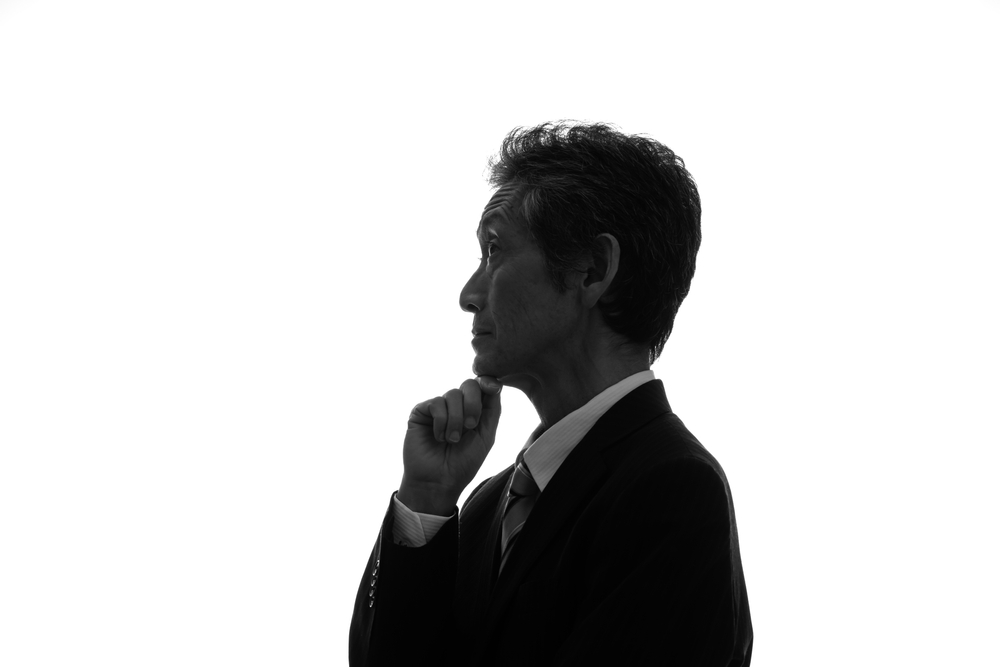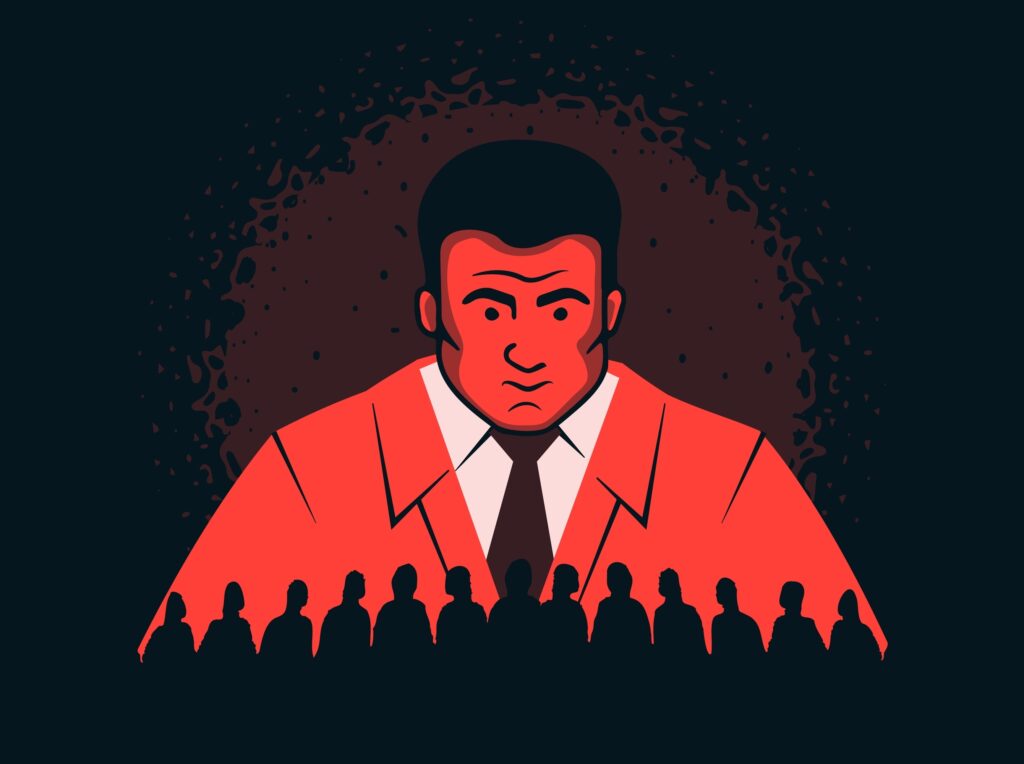This Japanese CEO Sacrifices His Entire Salary… The Reason Will Restore Your Faith in Leadership

It’s a common feeling: that the people at the top are playing a different game, living in a different world, completely disconnected from the struggles of everyday people. Headlines often tell a familiar story: CEOs taking home multi-million dollar bonuses while their companies lay off thousands of workers. It’s a narrative of insulated boardrooms and golden parachutes, and it’s enough to make anyone lose faith in the very idea of leadership.
But what if that narrative isn’t the only one? The story of a different kind of leader offers another perspective, a powerful counterpoint to the cynicism of our times. A leader who, when his company was on the verge of collapse, didn’t protect himself or his privilege, but instead chose to walk alongside his people and share their pain.
This isn’t a fairy tale or a parable. This is the true story of Haruka Nishimatsu, the former CEO of Japan Airlines, and it’s a story that might just restore faith in what it truly means to lead.
A Company in Freefall

To understand how radical Nishimatsu’s actions were, one has to understand the sheer scale of the crisis he walked into. In 2006, Japan Airlines (JAL), once a proud symbol of Japan’s post-war economic miracle, was spiraling toward disaster. The airline was crushed by the immense weight of decades of mismanagement, political burdens, and staggering debt.
Think of it like a giant ship with huge holes in its hull. For years, it had been taking on water, but a series of government bailouts acted as temporary patches, keeping it from sinking. This created a dangerous culture of complacency where no one felt a real sense of crisis.
The airline was forced by political pressure to operate unprofitable domestic routes, and it was saddled with a fleet of inefficient jumbo jets that were costly to fly. Then, the 2008 global financial crisis hit. It was the perfect storm. Demand for lucrative international business travel plummeted. Fuel costs skyrocketed.
The numbers were staggering, painting a bleak picture of a company in its final moments. After a brief and misleading profit in 2007, JAL reported a devastating loss of $630 million in 2008. Its total debt was a crushing $8.96 billion. The company, an icon of national pride, was on the brink of one of the largest corporate failures in Japanese history. This was the crisis Haruka Nishimatsu inherited.
The Leader Who Stood with His People

In the face of this corporate catastrophe, Nishimatsu did something unheard of. He didn’t hide in a corner office or communicate through carefully worded memos. He led with his life, making his own actions the most powerful message of all.
His first and most famous act was to cut his own salary. He didn’t just trim it; he slashed it to just $90,000 a year. To put that in perspective, that was less than what his own pilots were earning. When asked why, his reason was simple and profound: the company was forcing managers of his own generation into early retirement, and he felt he had to “share the pain with them.” It wasn’t a PR stunt; it was a deeply personal act of solidarity.
But he didn’t stop there. He systematically and deliberately dismantled the symbols of executive privilege that create distance between leaders and their teams.

- He got rid of his chauffeur and company car, choosing to commute to work on the public city bus every day, standing and sitting alongside his employees and ordinary citizens.
- He tore down the walls of his fancy executive office, moving his desk into an open-plan space where he was visible, accessible, and accountable to anyone who walked by.
- He ate his lunch in the company cafeteria, waiting in line, paying for his meals, and creating opportunities for any employee with an idea or a concern to approach him directly.
These weren’t random gestures. They were the physical embodiment of his leadership philosophy. He said, “If management is distant, up in the clouds, people just wait for orders. I want my people to think for themselves.” He knew that to unlock the potential of his team, he first had to break down the walls of hierarchy and fear. He wanted every single employee to feel like they were “all together in the same boat.”
A Tale of Two Worlds

Nishimatsu’s actions become even more powerful when compared to what was happening in other parts of the world during that same period of global crisis. While he was tying his own financial fate to his employees, many American CEOs were doing the exact opposite, insulating themselves from the consequences of their decisions.
The contrast is stark. Let’s look at the facts.
In 2008, the CEO of General Motors, a company that required a massive government bailout to survive, received a pay package worth $14.9 million.
That same year, the CEO of Boeing got a 14% raise to $14.8 million, even as the company announced 10,000 job cuts.
In 2010, the CEO of American Airlines’ parent company took home $5.2 million while his company was struggling financially.
When Nishimatsu was told about these figures, his reaction was one of genuine disbelief. It was as if he was hearing about a completely different set of rules for leadership. He believed that businesses that “pursue money first fail,” and that the business world had “lost sight of this basic tenet of business ethics.”
He wasn’t just leading a company; he was making a statement about the purpose of business itself. Through his humility, he was showing the world a different way to lead—one based on accountability, empathy, and a profound sense of shared humanity.
The Ripple Effect of True Leadership

So, did Nishimatsu’s approach work? If one only looks at the financial statements, the answer is complicated. The company’s problems were too deep, its debts too vast. On January 19, 2010, Japan Airlines filed for bankruptcy. Nishimatsu resigned, taking full responsibility in a final act of accountability.
But the story doesn’t end there. His leadership had an impact that can’t be measured on a balance sheet. He healed a broken and fragmented corporate culture. In a company that an internal report said suffered from a “lack of group integration,” he built connection and trust.
His employees felt it deeply. One flight attendant, Akiko Isob, told CBS News, “I feel close to him. It’s encouraging.” That simple statement is extraordinary. In a large, hierarchical corporation, for a frontline employee to feel “close” to their CEO is a testament to a leader who successfully broke down barriers. By sharing the hardship, he gave credibility to the painful decisions that had to be made. The massive layoffs and pension cuts were devastating, but they weren’t being dictated by a detached, insulated executive class. They were part of a collective struggle for survival, led by a man who was right there in the trenches. He preserved the dignity and morale of his people through the darkest of times, holding the human fabric of the company together when it could have easily torn apart.
What Does It Truly Mean to Succeed?

The bankruptcy of Japan Airlines allowed for a painful but necessary restructuring. Under a new leader, Kazuo Inamori (who also worked for free), the airline had one of the most stunning turnarounds in corporate history. It’s easy to see this as a sign of Nishimatsu’s failure, but that’s a black-and-white view that misses the deeper truth. The successful turnaround, built on a new corporate philosophy, was only possible because of the cultural foundation Nishimatsu had laid. He tilled the hard, cynical soil of the company, allowing the seeds of a new beginning to grow.
His story forces a deeper question: How should the success of a leader be measured? Is it only about profit margins and stock prices, or is it also about integrity, character, and moral courage? Is it about the ability to inspire loyalty and preserve human dignity in a crisis? Haruka Nishimatsu may not have saved his company financially, but he provided a powerful and timeless lesson on what it truly means to lead.
He reminds us that true leadership isn’t about the size of a paycheck or the perks of an office. It’s about character. It’s about showing up, sharing the struggle, and putting people first. It’s a reminder that in a world that often feels divided and cynical, a single leader, through acts of genuine sacrifice and humility, can show us the profound power of being in it together.
Loading...

